With tech giants like Infosys and Wipro cracking down on moonlighting employees, Adarsh explores the pros and cons of having a second job
The conversation started a couple of weeks ago when Infosys sent out an email warning its employees against dual employment. “Remember – no moonlighting – no two timing,” read the mail. It added that the company “strictly discourages dual employment” and that it could lead to termination from the job.
Wipro followed that up by firing 300 employees last week for moonlighting. “It is cheating – plain and simple,” tweeted Rishad Premji, the chairman of Wipro.
The decision has sparked a countrywide debate about the act of moonlighting and whether it is ethical or wrong.
What is Moonlighting?
For starters, moonlighting is the practice of taking up a second job in addition to your primary source of income.
The typical job is from 9 to 5 which means the second job is usually taken up at night and hence the moon reference. Traditionally, people had to go into the office for work which meant they were only free to pursue their second job after hours.
But ever since remote working became the norm in a post-Covid world, it has enabled people from most fields to take up a second or even a third job parallelly and even multitask during office hours.
This has opened up the debate about the ethicality of the same and whether it is illegal to be doing a second job, especially with your company’s direct competitor.
Why do people Moonlight?
The main reason most people take up a second job is for a secondary source of income. For a lot of people, one salary might not be enough to sustain their family or their lifestyle. But that’s not the only reason people moonlight.
In several cases, people feel that their primary job doesn’t take up all of their time so they have plenty of spare time to pursue their passion. There are people who work in a certain field because of their qualifications or skill set but would rather be working in some other field.
So they take freelance gigs in those areas in the hopes of building a portfolio or landing a more permanent offer.
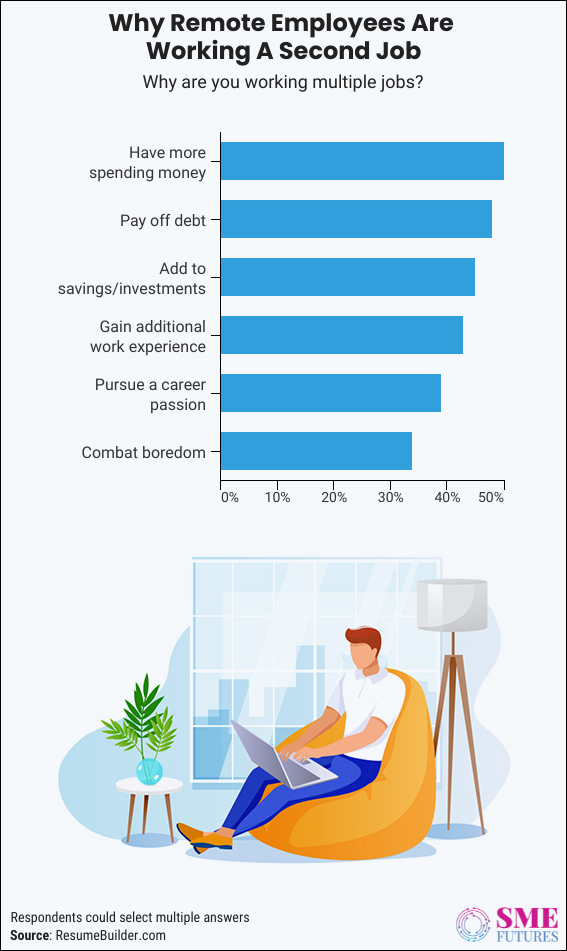
Others, especially people in creative fields, freelance with other companies to build their portfolio or improve their skill set. A freelance role can pave the way for a full-time offer if the output is consistently good.
Why do Companies oppose Moonlighting?
The main argument is that if employees are engaged in multiple jobs, their productivity takes a toll. Working overtime can drain the employee physically and mentally and this would affect their contribution at work.
It can also lead to fatigue or see a decline in their health which would inevitably take a toll on their main job.
Another concern for companies is that their employees – especially the ones working remotely – might be moonlighting during office hours and this is detrimental to their productivity and output.
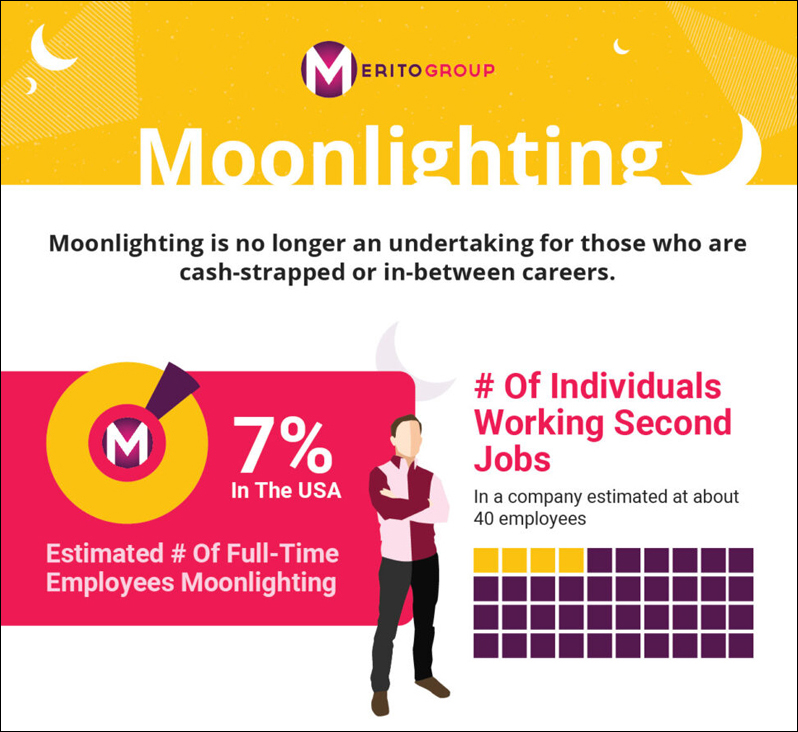
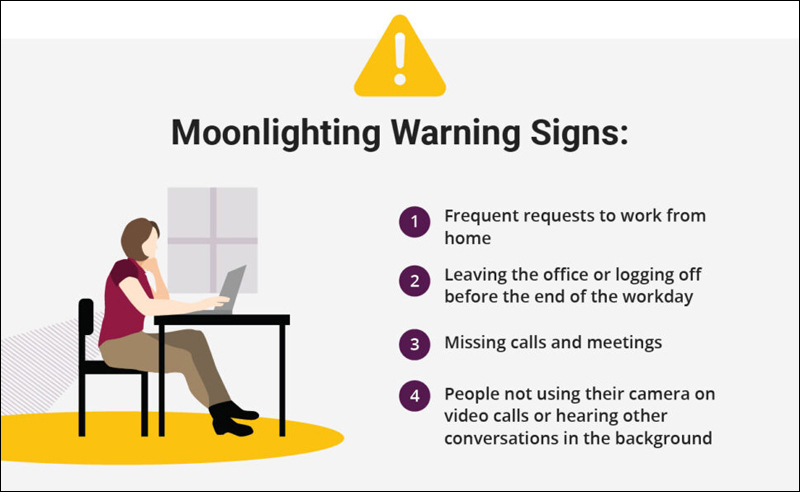
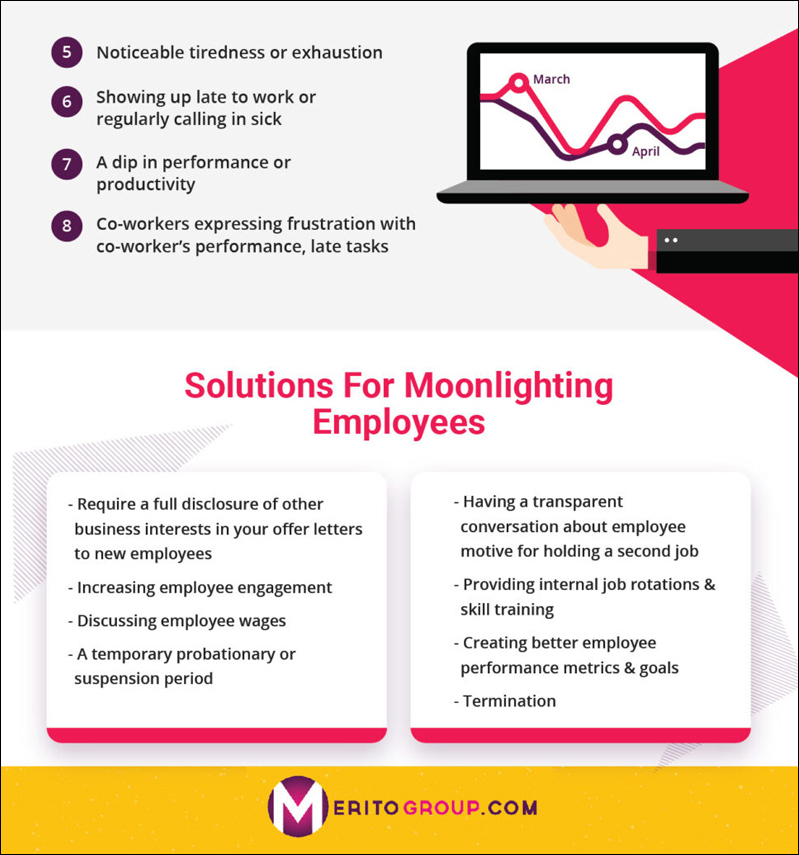
There are also security concerns and conflicts of interest. For instance, someone working in a tech company and moonlighting for a rival company could divulge privileged information or data to either of their employers. And considering that most people would moonlight within their sector, there is also the question of divulging insider information or long term plans with their other employers.
Not All Companies are against it
Not everyone is opposed to moonlighting. Last month, Swiggy announced an “industry first” moonlighting policy where employees could take up a second job “based on internal approvals”.
As long as it is not within their office hours, Swiggy is open to employees taking up a second job to fund their lifestyle or fuel their passion.
Companies like Tech Mahindra and Cred are also open to employees taking up freelance roles as long as they are upfront and transparent about it. CP Gurnani, the Managing Director of Tech Mahindra says his organization would “make a policy” to allow workers to openly pursue multiple jobs at once.
“If you want to do it, sure. But be open about it and share with us,” Gurnani said at an event.
Another issue is that to find out if employees are moonlighting, companies have to monitor their activities and this could also have legal repercussions. Keeping a tab of their activities even on a company laptop might involve breaking laws and could lead to a complicated situation if the sacked employee (or a group of them) decides to take the company to court.
The Final Word
According to CIEL HR Services, as much as 5 per cent of employees in the IT services industry have a side hustle. There is no concrete way of knowing for sure how many employees actually have a second gig so the actual percentage is definitely bound to be more.
Despite severe warnings and strict action, it is nigh impossible to stop a person from taking up extra work to manage his expenses so what employers and employees can do is to be absolutely clear about where they stand when it comes to moonlighting.
Reading the company’s employment termination policy, taking up a second job in a different field and ensuring the timings are outside office hours are basic ways of ensuring there is no conflict of interest.
With remote working becoming the norm and with so many options at everyone’s disposal, the odds are stacked against the employer when it comes to combating moonlighting.
For all you know, in a world where it is becoming impossible to keep a tab on employees, allowing moonlighting with clear cut boundaries and guardrails might even become an employment benefit in the future!
What are your thoughts on Moonlighting? Please share your views in the comments box below.
In case you missed:
- Why are Companies resorting to Office Peacocking?
- Will AI eat up more IT Jobs in 2024?
- 5 Free AI Assistants To Make Your Life Easier
- Are you ready for the Apple Flip Phone? Get Ready for the Foldable iPhone!
- Introducing Universal AI Employee being built by Ema AI
- WhatsApp to Allow Cross-Functional Chatting Soon
- AI Chaos: Why OpenAI, Google and Microsoft Keep Shifting Strategies
- WhatsApp adds New Document Scanning Feature
- Meta’s Puffin Project: Future of Mixed Reality in a Pair of Glasses
- 7 Online Scams to be Wary of in India
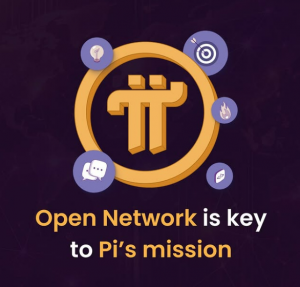









3 Comments
Thanks for sharing your thoughts on sunrise in miami.
Regards
The complete moon in Capricorn on July 8th is a period of intense emphasis and
concentration. When you have been sensation dispersed or unfocused, thiis whole moon will enable you to get back to normal.
Capricorn is all about framework, self-discipline, and perseverance, so utilize this vitality
to acquire your life prepared and advancing in the optimistic route.
I totally agree with Rishad Premji. People are not understanding they should not do this for a company as well as for themselves. People, these days, are looking for work for home so that they can do dual jobs.